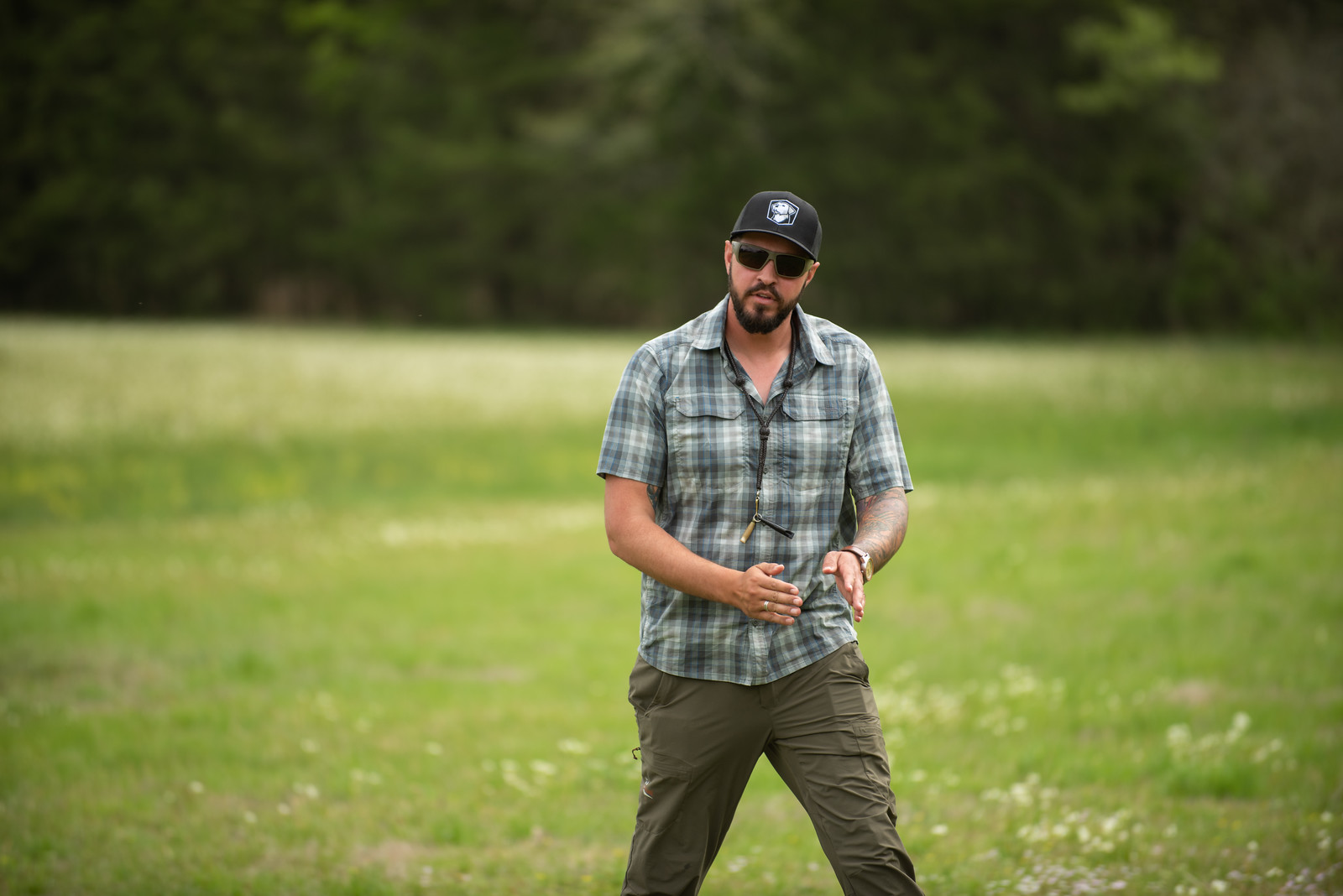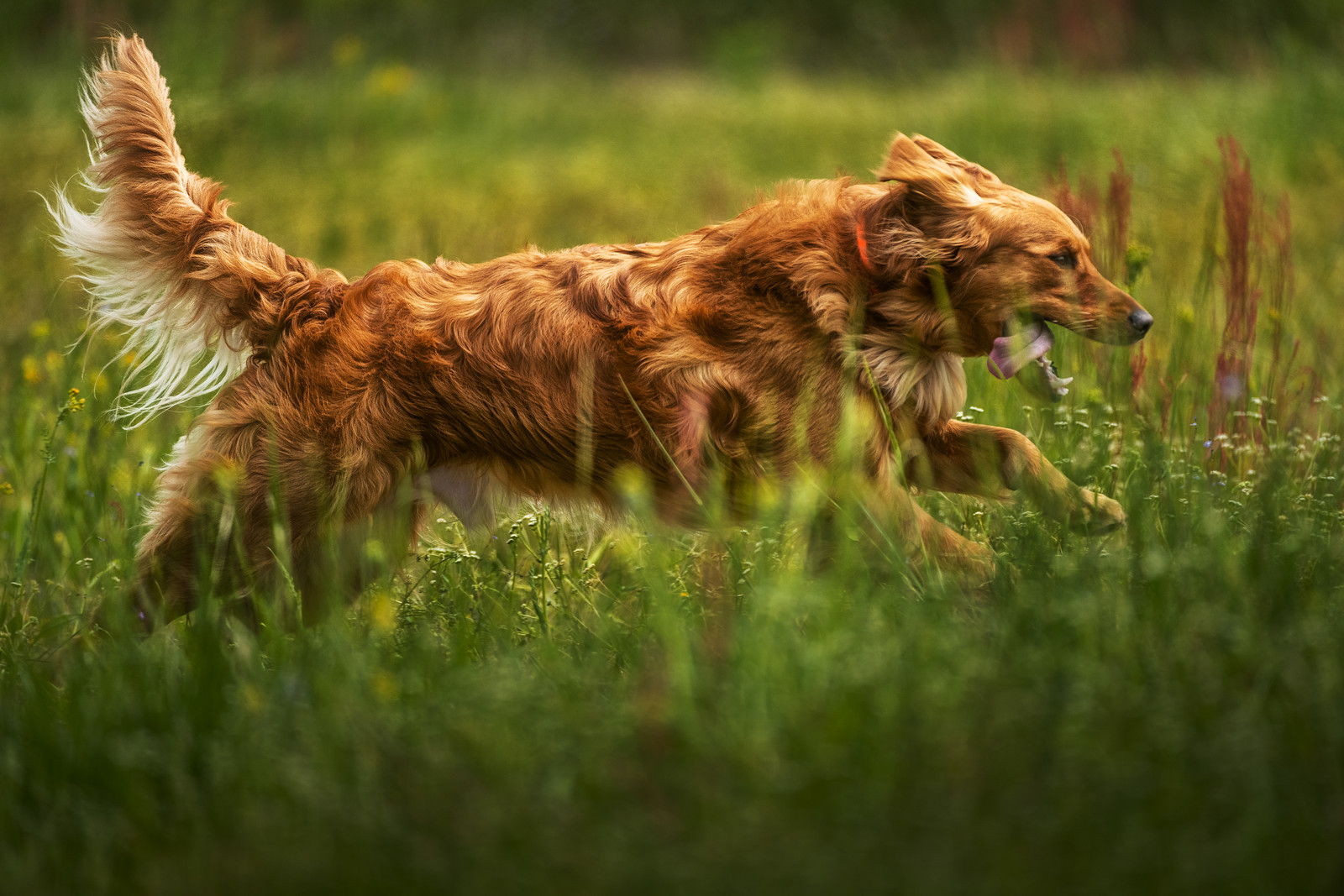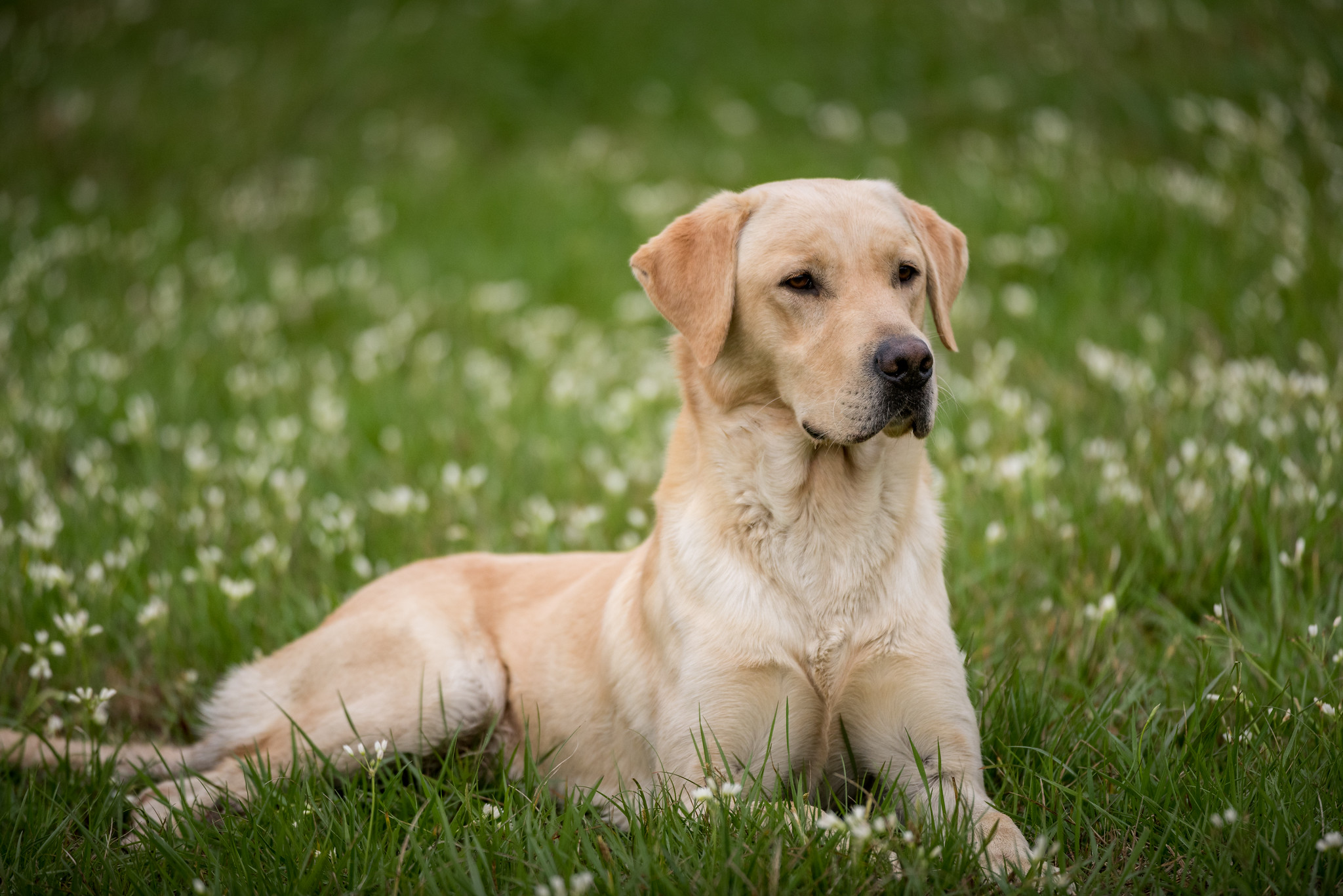How to Know When Your Dog's Training Session Should End: A Guide to Reading Your Retriever's Cues

The Answer Depends on Reading Your Dog
One of the most common questions is, “How long should my training session be?” The truth is, there’s no one-size-fits-all answer—every dog is different! Some dogs thrive with short, focused training sessions once or multiple times daily. Others do best with longer sessions that might only happen a few times a week. Then, there are those rare dogs that can train all day, every day, while some need minimal work to progress. The key to effective training lies in your ability to read and understand your dog. This skill begins the moment you start potty training a puppy and continues throughout your dog’s entire life.
The Over-Zealous First-Time Trainer
I vividly remember loading up my gear, putting my dog in the kennel, and driving twenty minutes to the training grounds. After another fifteen minutes of setup, I’d be ready to start. But all too often, after just twenty minutes of training, my Labrador retriever, "Maggie," would be done. I had no clue, though, and would push for just a little more, usually to the detriment of our progress.
I couldn’t stand the thought of spending eighty minutes between driving and setup for only twenty minutes of training! It felt like a waste of time. But in reality, that short session was exactly what Maggie needed.
With more experience, I learned to recognize the signs of when to “shut it down.” Whether it was a lack of focus because of a new location or just an “off day” (yes, dogs have those too!), I realized that sometimes ending a session early—or finding a way to finish on a positive note—was the best course of action.
Now, I’m much quicker to call it a day when I sense things are about to go off the rails. And when things are going great, I love to end on a high note, letting my water dog walk back to the truck on top of the world.
Learn to Read Your Retriever's Body Language
It's crucial to observe your retriever's body language and overall demeanor throughout the session. Is he excited and eager to keep working, or is he showing signs of boredom or frustration, like avoiding delivery to hand, sniffing around aimlessly, or even walking away? Is she overheating, indicated by a swollen tongue and excessive drooling? If your gundog starts displaying any of these signs, it might be time to switch to something more engaging, score a quick win, and call it a day. If overheating is a concern, stop immediately and focus on cooling your dog down. You can always add a brief obedience drill later to wrap things up on a positive note.
All Dogs Are Different, No Matter the Gun Dog Breed
When enthusiasm is high, with a wagging tail and focused attention, it’s probably okay to keep pushing forward. I once trained a Boykin spaniel who had absolutely zero quit—she would retrieve all day with no regard for temperature or task. Contrast that with a Chesapeake Bay retriever I trained a few months later; he was incredibly talented and smart, but he had a five-minute attention span for any one drill. After three or four reps, we had to switch things up. And after twenty minutes, he would just lie down—that was my cue that Badger was done for the day.
While each retriever breed offers unique traits, there can be significant variation within the same breed. I’m often asked about the differences between training a Labrador retriever and a golden retriever, but the truth is, it depends on the individual dog! Attention span and endurance can vary widely across and within breeds.
What Drills Will Hold Your Retriever's Attention?
The length of time a dog can stay engaged in training often depends on the type of drills you’re doing. Handling drills can be repetitive and monotonous while marking drills are usually more exciting. Take the T drill as an example—some dogs can complete twenty reps without losing enthusiasm, while others start to flag after just a few. In those cases, adding something more stimulating, like a handheld mark, can keep the session lively. But always keep an eye out for signs of boredom or distraction, and be ready to pivot when needed.
Puppies Definitely Need Shorter Sessions
This is especially true for young puppies. Piling on too much structure and expecting them to maintain focus at a young age can be counterproductive. Puppies need to learn that training time is the best time of the day. Make it fun and engaging, keep sessions short, and always end on a high note. In my experience, it’s better to do five or six short training sessions a day than to try and power through a marathon hour-long session with a young pup. Every potty break is a potential training opportunity!
The Bottom Line: Know When to Be Done
The bottom line is simple—your dog will tell you when it’s time to be done. You just have to pay attention to the signs. Over time, you’ll learn the ideal session length for different types of training and be able to plan accordingly. Be flexible on the “off” days, and remember, there’s always tomorrow to continue building those skills!
PS: The Lesson Planner within Cornerstone Gundog Academy can be a game-changer in learning how to properly plan your training sessions to maximize your time in the field, whether they’re short or long. Click here to learn more about our training programs today!







